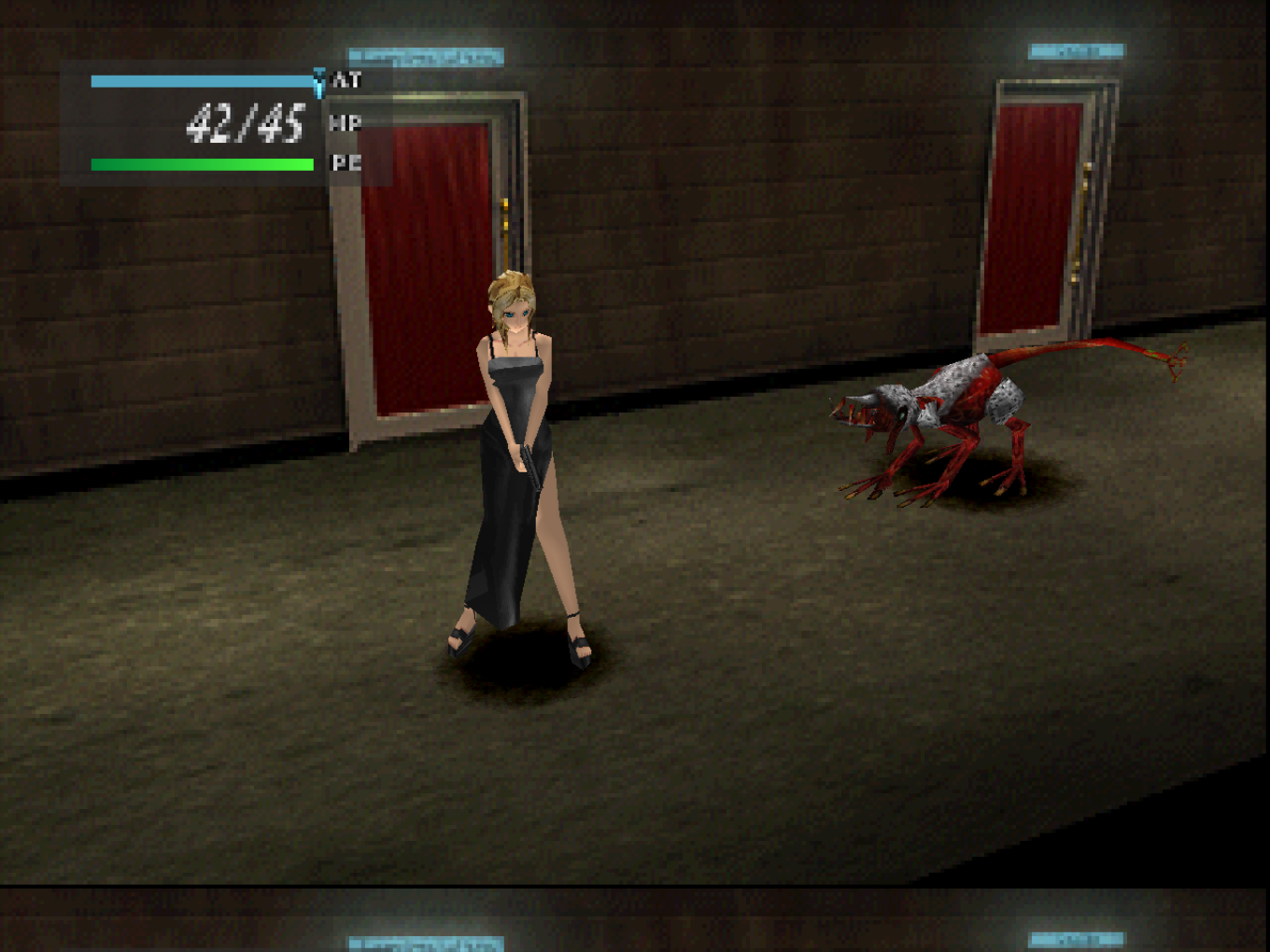
Here is the first release of Mednafen/Beetle PSX HW. You can download this core right now for Windows, Linux, and OSX.
NOTE: THIS IS AN ALPHA VERSION AND IT IS NOT REPRESENTATIVE OF THE UPCOMING BETA VERSION. PERFORMANCE RIGHT NOW IS A LOT LOWER THAN WHAT IT WILL BE FOR THE BETA VERSION. EXPECT BUGS TOO.
See a complete screenshot gallery here.
Where to get it?
Go to RetroArch, go to Online Updater, go to ‘Update Cores’, and download ‘PlayStation (Mednafen PSX HW)’. You might need to update your core info files first before this will show up properly. To do this, go to ‘Online Updater’, and select Update Core Info Files’.
System requirements
You need to have a GPU that supports at least OpenGL 3.3 core context in order to use this. It might be possible to lower GPU requirements in time but now is not yet that time.
OpenGL
We have added an OpenGL renderer to Mednafen PSX. This renderer is based on simias’ GPU renderer for his Rust-based PlayStation emulator, Rustation.
Lots of people worked hard on bringing this to you. It was a joint team effort between r5z, simias, zeromus, and me to bring this from Rust over to C++, and in a way so that it still benefits Rustation as well.
This is probably the first OpenGL renderer for PSX that is not based on outdated fixed-function OpenGL code and which is, actually, well, open-source. Because we can assume shaders will be there, we can get reasonably close to emulating texture windows accurately (with Pete’s OGL1 GPU plugin, there were codepaths for doing it with paletted textures – the hacky approach – and the pixel shader approach). Therefore, the renderer is still kept pretty simple and easy to understand.
Unfinished business
There are several parts which are still not finished:
- VRAM-to-VRAM copies right now are completely broken. You might see several glitches during FMVs and/or other scenes that require framebuffer manipulation. Final Fantasy 7/8’s pre-battle swirls come to mind as examples of that.
- There are still several texture updating problems. The water in Tomb Raider 2 for instance can initially appear flat shaded until you take a savestate. Other problems include Resident Evil 3’s sprite-based inventory system, when you add or remove items from this list, the changes might not be reflected on-screen.
- There are still some graphics issues. One example is the broken opacity boxes around Silent Hill’s objects.
- There are still several crippling performance bottlenecks with this GL renderer. The first priority is getting the rendering to be as accurate as the software renderer until optimization becomes a priority.
- Toggling fullscreen will give you a black screen. This is yet to be implemented.
- There are currently some near/far issues right now where objects very close to the projection camera can appear glitched onscreen.
- There might still be some resolution issues where some portions of the screen don’t get clipped away as they should, so you might see some onscreen garbage in places that are normally obscured and not visible.
Options
Let’s detail some options for this hardware-based core :
Internal GPU Resolution (Restart) – This lets you change the internal resolution. NOTE: In this alpha version, it will crash if you try to change this at runtime. Here is a way to work around it: go to Quick Menu -> Options, change ‘Renderer’ to ‘software’, restart the core. Change the Internal GPU Resolution. Then change ‘Renderer’ back to ‘opengl’, and restart. Your changes should take effect now. Right now the max resolution you can set it to is 8x.
Texture filtering – This only works with the OpenGL renderer. You can toggle between ‘nearest’ point filtering, 3-point filtering (N64-style quasi-linear filtering), and plain bilinear filtering. Both 3-point filtering and bilinear filtering can impact performance negatively right now, and on average bilinear filtering has less graphics issues than 3-point so far. If you want the best performance, go with ‘nearest’.
Internal color depth – This only works with the OpenGL renderer. You can toggle between 32bpp (32bit color) and 16bpp dithered mode.
Wireframe mode – It will toggle between wireframe mode and filled shading mode (the default).
Display full VRAM – This requires a restart in order to take effect. This allows you to see all the VRAM banks on-screen. Mainly useful for developers only.
Warning for people using Cg shaders
Cg shaders won’t work with this core as long as it requires OpenGL 3.3 core context. Cg is no longer alive from a public consumption perspective and as such they never saw fit to adding support for GL 3.3 core context.
So make sure to disable any Cg shaders you had running before trying to run this core.
When/if we lower GL requirements, this might no longer become an issue, but you will always have a better experience with this plugin using GL 3.3 or later.
Bug reports
You can post bugs and graphics issues here (preferably with screenshots).
https://github.com/libretro/beetle-psx-libretro/issues/43
Other Mednafen/Beetle PSX improvements
PBP support is now much more mature. There is support for encrypted official PS3/PSP PSOne games added now thanks to Zapeth.
He also submitted some accuracy improvements which should give the emulator a better score with the PSX benchmark test programs.
Upcoming news/announcements
In other news, expect a new point release of RetroArch soon. No Apple TV and Windows UWP support yet, but Blackberry 10 might be coming back for the 1.3.5 point release.
